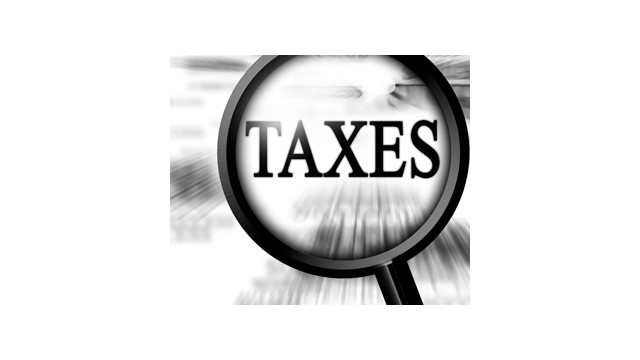For several years, the American Institute of CPAs (AICPA) has led advocacy efforts in support of tax preparer regulation. The recent release of the American Families Plan (AFP) includes a proposal to provide the Department of the Treasury with undefined authority to regulate paid tax return preparers. Together with two additional elements recommended by the AICPA, the Taxpayer Protection and Preparer Proficiency Act of 2019 (S. 1192), introduced by Senate Finance Committee Chair, Senator Ron Wyden, captures an appropriately defined objective as laid out by the AFP.
In a letter sent to Senate Finance Committee Chairman and Ranking Member, Senators Ron Wyden and Mike Crapo, and House Ways & Means Committee Chairman and Ranking Member, Representatives Richard Neal and Kevin Brady, the AICPA recommends these key elements be included in a plan to regulate tax preparers:
- Limit IRS’s authority to require a PTIN.
- Certain non-signing “supervised” preparers that do not have the primary responsibility of the accuracy of the return should be excluded.
- Authorize IRS revocation of PTINs.
- Require GAO to study IRS’s exchange of information with state taxing authorities with regard to preparer regulation.
- Reinstate IRS’s Registered Tax Return Preparer (RTRP) Program and clarify Congressional intent with respect to the RTRP Program (additional element #1). The RTRP program should require:
- A one-time basic individual tax competency exam,
- Fifteen hours of annual continuing education,
- Compliance and background checks,
- Compliance with advertising restrictions,
- Compliance with the ethical standards of Circular 230, and
- Exclusions for Circular 230 legacy preparers.
- Mitigate marketplace confusion (additional element #2).
- Unlicensed preparers promoting the RTRP program should inform the public that the IRS does not endorse any particular preparer and direct them to the IRS website where the differences between various types of preparers and their qualifications are explained.
“Ensuring that tax preparers are competent and ethical, and that the IRS has the tools it needs to conduct appropriate oversight, is critical to maintaining taxpayer confidence in our tax system and protecting the interests of the American taxpayer,” the AICPA said in the letter.
“We appreciate the need to address incompetent and unscrupulous tax return preparers. Taxpayers need and deserve enhanced compliance and elevated ethical conduct from their preparers. The protections in the Wyden bill, with the two additional key elements described above, would accomplish those goals,” the AICPA continued.
Thanks for reading CPA Practice Advisor!
Subscribe Already registered? Log In
Need more information? Read the FAQs




